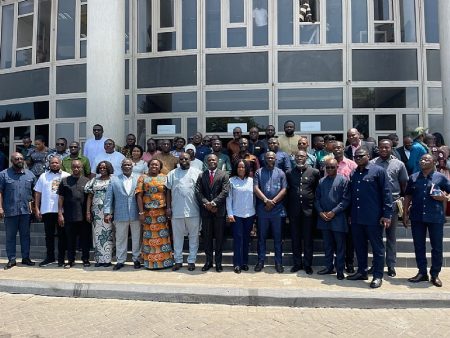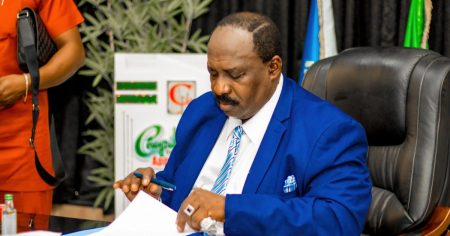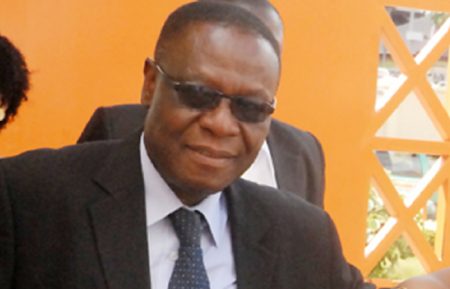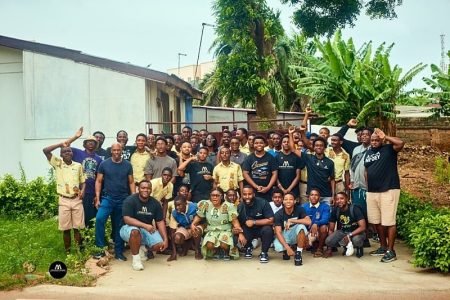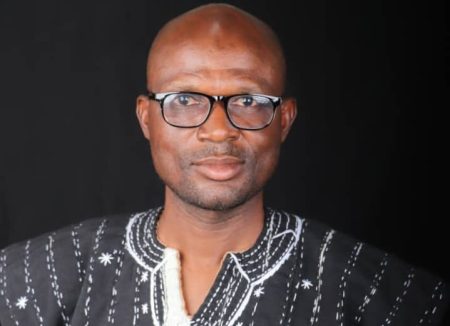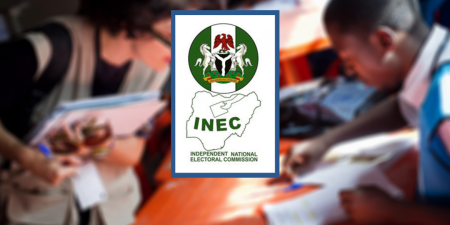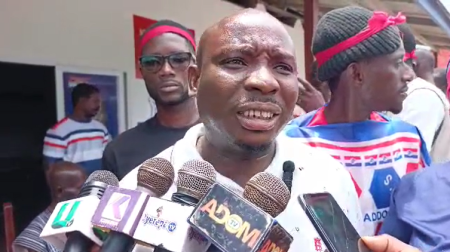Prophet Eric Boahen Uche, the founder and leader of Reign House Chapel, has issued a series of alarming prophecies concerning the month of September, foretelling potential calamities unless fervent prayers are undertaken. In a recent interview, Prophet Uche emphasized the accuracy of his past prophecies, citing examples such as a plane crash and a train derailment, both of which occurred shortly after he publicly foretold them. He pointed to his social media accounts as evidence of his prophetic pronouncements, urging people to review his previous statements and acknowledge the veracity of his visions.
Prophet Uche’s latest prophecies focus on the month of September, a period he foresees as fraught with potential dangers. He specifically mentions the possibility of another plane crash, this time occurring outside of Ghana. While he has also foreseen a potential plane crash within Ghana, he states that prayers are being offered to avert this tragedy. Furthermore, he predicts the death of a prominent footballer, an event he believes will garner significant media attention worldwide, although he remains uncertain whether the footballer is from Ghana or another country. He also calls for prayers for the Indian Prime Minister, suggesting potential difficulties or dangers surrounding this political figure.
The prophet underscores the gravity of these predictions, emphasizing the need for immediate and earnest prayer. He asserts that while these visions reveal potential calamities, they are not immutable decrees. He believes in the power of prayer to alter the course of events and avert impending disasters. He calls upon Christians to recognize their spiritual authority and engage in fervent intercession to mitigate the potential negative outcomes foreseen. The underlying message is one of hope and empowerment, reminding believers of their ability to influence the future through prayer.
Prophet Uche’s pronouncements raise important questions about the nature of prophecy and its role in society. Are these predictions divinely inspired glimpses into the future, or are they merely speculation dressed in religious garb? The accuracy of past prophecies is often cited as evidence of their validity, yet the ambiguity of many prophetic pronouncements leaves room for interpretation and confirmation bias. Events that seemingly fulfill a prophecy might be coincidental, or they might be interpreted in a way that fits the prophecy after the fact. This ambiguity allows for a flexible interpretation of events, contributing to the perception of prophetic accuracy.
The call to prayer in response to these prophecies also raises questions about the nature of divine intervention. If prayer can avert disaster, does this imply that God changes his mind based on human requests? Or does prayer simply align believers with God’s will, allowing them to participate in the unfolding of events according to a preordained plan? These theological questions lie at the heart of the debate surrounding prophecy and its impact on human agency and divine sovereignty. Regardless of one’s theological perspective, the call to prayer serves as a reminder of the importance of spiritual engagement and the potential power of collective supplication.
Prophet Uche’s prophecies, while dire, are presented not as inevitable dooms but as warnings that can be heeded through prayer. This emphasis on prayer underscores the active role believers can play in shaping their future. The prophecies serve as a call to action, urging individuals and communities to engage in spiritual practices that they believe can influence the course of events. This message of empowerment resonates with those who believe in the power of prayer and the potential for divine intervention in human affairs. Ultimately, the interpretation and response to these prophecies are left to individual discretion, guided by faith, personal beliefs, and a discerning approach to interpreting spiritual pronouncements.







